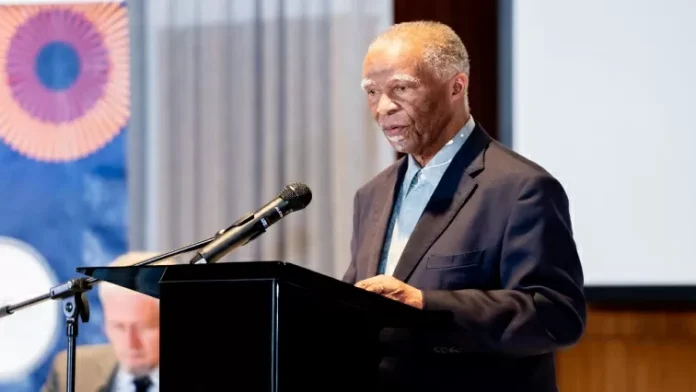Achieving long-lasting peace and stability is crucial for any nation, but for a continent like Africa, it is a pressing need. The continent has been plagued with various forms of conflict, ranging from civil wars to ethnic and political tensions, resulting in loss of lives and hindering development. The need to address this issue and create a path towards peace and stability has become more evident now than ever before. In this dialogue, we will explore how to achieve long-lasting peace and stability on the African continent.
First and foremost, we need to understand the root causes of conflicts and address them accordingly. Africa is a diverse continent, with different ethnic groups, cultures, and beliefs. Unfortunately, this diversity has often been a source of tension and conflict. People are quick to judge and discriminate against others based on their differences, leading to violence and hostility. It is essential to educate the younger generation and promote a culture of acceptance, tolerance, and inclusivity. By promoting unity and respect for diversity, we can lay a strong foundation for long-lasting peace and stability.
Secondly, we must address the issue of poverty and inequality. Poverty and inequality have been identified as major contributors to conflicts in Africa. In many instances, poverty and a lack of access to basic resources have led to frustration, desperation, and political instability. To achieve peace and stability, it is essential to address the root causes of poverty and provide opportunities for economic growth and development. This can be achieved through policies that promote education, job creation, and equal distribution of resources. By empowering individuals and communities, we can combat the effects of poverty and build a more stable and peaceful continent.
Moreover, we must foster good governance and promote the rule of law. Many conflicts in Africa have been fueled by corrupt and oppressive governments. The lack of transparency and accountability has often led to resentment and protests, which have escalated into armed conflicts. It is crucial to establish strong democratic institutions that promote good governance, accountability, and the rule of law. When people have confidence in their leaders and the government, they are less likely to resort to violence as a means of expressing their grievances.
Furthermore, we need to focus on conflict prevention and resolution. African leaders must prioritize peaceful and diplomatic means of resolving conflicts. This can be achieved through effective and inclusive dialogue, mediation, and arbitration. The African Union has played a crucial role in promoting peace and stability on the continent through its peacekeeping missions and conflict resolution efforts. We must continue to support and strengthen such initiatives to prevent and resolve conflicts before they escalate.
Another essential factor in achieving peace and stability is promoting economic cooperation and regional integration. Africa has often been divided along colonial borders, leading to tensions and conflicts between neighboring countries. We must break down these barriers and work towards a more united and integrated continent. By promoting economic cooperation, we can create a sense of interdependence and mutual benefits among African nations. This, in turn, can lead to stronger diplomatic ties and foster peaceful relationships between countries.
Finally, we must not underestimate the role of the international community in achieving peace and stability in Africa. The continent has often been a victim of external interference and manipulation, which has fueled conflicts and hindered development. The international community must support African efforts towards achieving peace and stability, rather than imposing their agendas and interests. This can be achieved through fair trade policies, debt relief, and foreign aid that is geared towards sustainable development and peace-building initiatives.
In conclusion, achieving long-lasting peace and stability on the African continent is a collective responsibility that requires a multi-faceted approach. We must address the root causes of conflicts, promote good governance, prioritize conflict prevention and resolution, foster regional integration, and seek support from the international community. As individuals and as a continent, we must work towards a peaceful and stable Africa for the sake of our present and future generations. Let us continue this dialogue and take action towards a better and brighter future for Africa.

